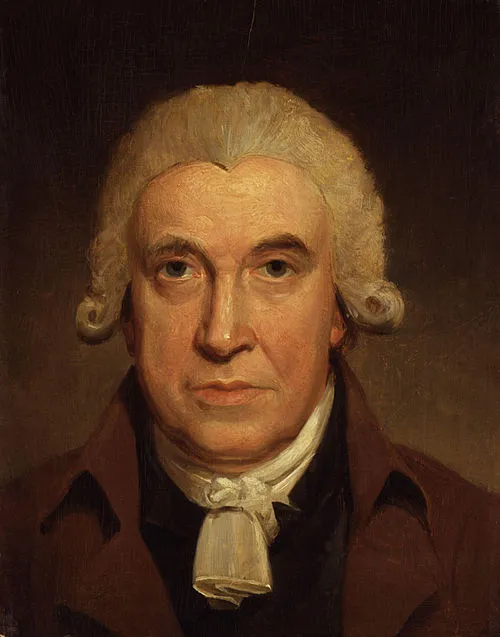
Full Name: Robert Edward Lee
Birth Year: 1807
Death Year: 1870
Nationality: American
Role: Confederate general
Notable Conflict: American Civil War
Legacy: Known for his leadership in the Confederate Army
Robert E. Lee: The General of the Confederacy
Born in 1807, Robert E. Lee emerged from a lineage steeped in military tradition. His father, Henry "Light-Horse Harry" Lee III, was a distinguished cavalry officer during the American Revolutionary War. From an early age, Robert was immersed in tales of valor and sacrifice; however, it wasn't merely his ancestry that shaped him but rather the tumultuous times he lived through.
As a young boy growing up in Virginia one of the bedrocks of American history Lee faced numerous challenges, including financial hardships after his father's untimely departure from the family scene. Despite these adversities, he enrolled at the United States Military Academy at West Point and graduated second in his class in 1829 without ever receiving a single demerit a feat few can claim.
Lee's early career began under a cloud of uncertainty; however, as fate would have it, he quickly distinguished himself during the Mexican-American War (1846-1848). Serving under General Winfield Scott, Lee displayed remarkable bravery and strategic acumen that caught national attention. Historians recount that this period was pivotal for him it forged his reputation as an outstanding military tactician and made him one of America’s most promising officers.
The backdrop to his rise was not just military glory but also societal upheaval. By the mid-19th century, tensions were mounting between North and South over issues such as slavery and states' rights. Ironically, despite being personally opposed to slavery he once said it was a "moral and political evil" Lee found himself deeply entrenched within Southern society's expectations as Virginia's loyalty beckoned when Civil War loomed on the horizon.
In 1861, when Virginia seceded from the Union following President Lincoln’s call for troops to suppress rebellion elsewhere a decision made by many with heavy hearts Lee faced an agonizing choice: serve the Union or align with his home state? He chose to lead Confederate forces despite having been offered command of Union troops the very army he had served faithfully for decades! This decision arguably marks one of history’s greatest ironies; a man who embodied duty could not reconcile with abandoning his homeland amidst war.
The following years saw him lead several key battles during America’s bloodiest conflict: Antietam, Gettysburg... But it was at Chancellorsville where Lee truly shined as a general! Here he executed what many considered one of history's finest tactical maneuvers against overwhelming odds a stunning victory often overshadowed by subsequent failures yet reaffirming faith among Confederate ranks.
However and this is crucial his successes came at an immense cost both humanly and strategically! The loss incurred during battles like Gettysburg marked turning points wherein even fortune seemed to wane upon him! Who knows what would have happened had decisions been altered slightly? Perhaps different tactics could have swayed results or saved lives!
The Civil War Era
As tensions heightened between the North and South, Lee found himself at a crossroads. Though he opposed secession, Lee ultimately sided with Virginia and the Confederacy when the Civil War broke out in 1861. He was appointed General of the Confederate Army, where he gained notoriety for his daring tactics and ability to inspire his troops.
Lee's leadership during key battles, such as the Battle of Gettysburg and the Second Battle of Bull Run, highlighted his innovative strategies, even in the face of severe challenges. His ability to make rapid decisions and exploit enemy weaknesses earned him respect from both allies and adversaries.
The End Game
Despite initial victories on several fronts leading up until 1865… Eventually came Appomattox Court House a seemingly inevitable denouement where surrender loomed large before weary combatants alike! On April 9th that year; though exhausted physically & mentally the weighty stakes fell heavily upon Lee's shoulders; every decision shaping both legacy & future direction concerning reconciliation post-war!




